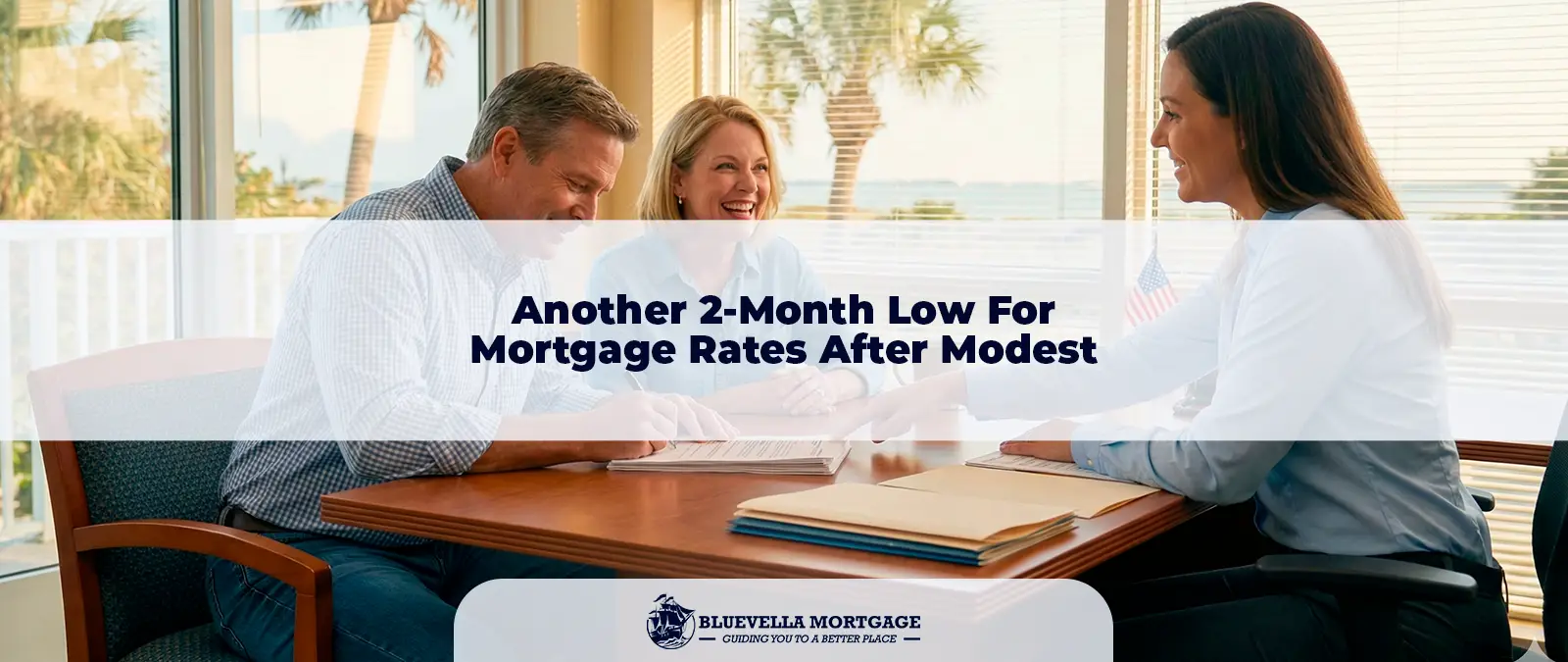Achieve Your Homeownership Dreams with a VA Home Loan!
Are you a veteran, active-duty service member, or eligible family member?
Our VA home loans offer incredible benefits to help you secure your dream home with ease.

Frequently asked VA Home Loans questions
We offer top-of-the-line technology and expert customer service to guide you through the mortgage process with ease. View more Q&A here
What is a VA home loan?
A VA home loan is a mortgage loan guaranteed by the U.S. Department of Veterans Affairs (VA) and is available to veterans, active-duty service members, and eligible surviving spouses.
Who is eligible for a VA home loan?
Eligibility includes veterans, active-duty service members, members of the National Guard or Reserves, and certain surviving spouses. Specific service requirements must be met.
What are the benefits of a VA home loan?
Benefits include no down payment, no private mortgage insurance (PMI), competitive interest rates, and easier qualification standards.
How do I apply for a VA home loan?
You can apply through any mortgage lender that participates in the VA home loan program. You will need a Certificate of Eligibility (COE), which can be obtained through the VA or your lender
How do I apply for a VA home loan?
You can apply through any mortgage lender that participates in the VA home loan program. You will need a Certificate of Eligibility (COE), which can be obtained through the VA or your lender.
Can I use a VA loan more than once?
Yes, you can use your VA loan benefit multiple times, provided you meet the eligibility requirements and have sufficient entitlement remaining.
What is a Certificate of Eligibility (COE) and how do I get it?
A COE is a document that verifies your eligibility for a VA loan. You can obtain it through the VA’s eBenefits portal, by mail, or through your lender.
Are there closing costs with a VA loan?
Yes, there are closing costs, but they are generally lower than those for conventional loans. The VA also limits the amount of closing costs that veterans can be charged.
Can I refinance a VA loan?
Yes, you can refinance a VA loan through the VA Interest Rate Reduction Refinance Loan (IRRRL) program or a cash-out refinance.
Can I use a VA loan to buy a second home or investment property?
VA loans are intended for primary residences only. They cannot be used to purchase second homes or investment properties.
What if I have a low credit score?
VA loans have more flexible credit requirements compared to conventional loans. While there is no minimum credit score set by the VA, most lenders require a score of at least 620.
Find the perfect loan for you.
There are various types of mortgage options available, and taking a few minutes to explore your options can be beneficial. Understanding the different types of home loans can help you determine which one offers the best fit for your needs. Don’t worry, we’re here to guide you through the process and help you select the most suitable loan option. But first, take some time to review and compare your options to get an idea of what works best for you.
Free Pre-Qualification
Get Flexible Mortgage Solutions
With the right home loan, you can refinance or buy a home and keep your financial plans on track
Gov. Insured Loans
Attractive loan terms
Government-insured mortgages, also known as government-backed mortgages, are home loans that are insured or guaranteed by a federal agency. These loans are designed to help specific groups of people, such as first-time homebuyers, veterans, and those in rural areas, by reducing the risk for lenders.
0%
Down Payment
580+
Credit Score
Conventional loans
Different term options available
A government program doesn’t directly back a conventional mortgage loan. Most of these loans are also “conforming,” meaning they adhere to the standards set by Fannie Mae or Freddie Mac. These two government-sponsored entities buy mortgages from lenders and then sell them to investors.
3%
Dow payment
680+
Credit Score
Non-Qualified Mortgage
Good option for investors
Non-QM (Non-Qualified Mortgage) loans are home loans that don’t meet the strict criteria set by the Consumer Financial Protection Bureau (CFPB) for qualified mortgages. These loans are designed for borrowers who may not fit the traditional lending requirements but still have the financial means to repay a mortgage.





